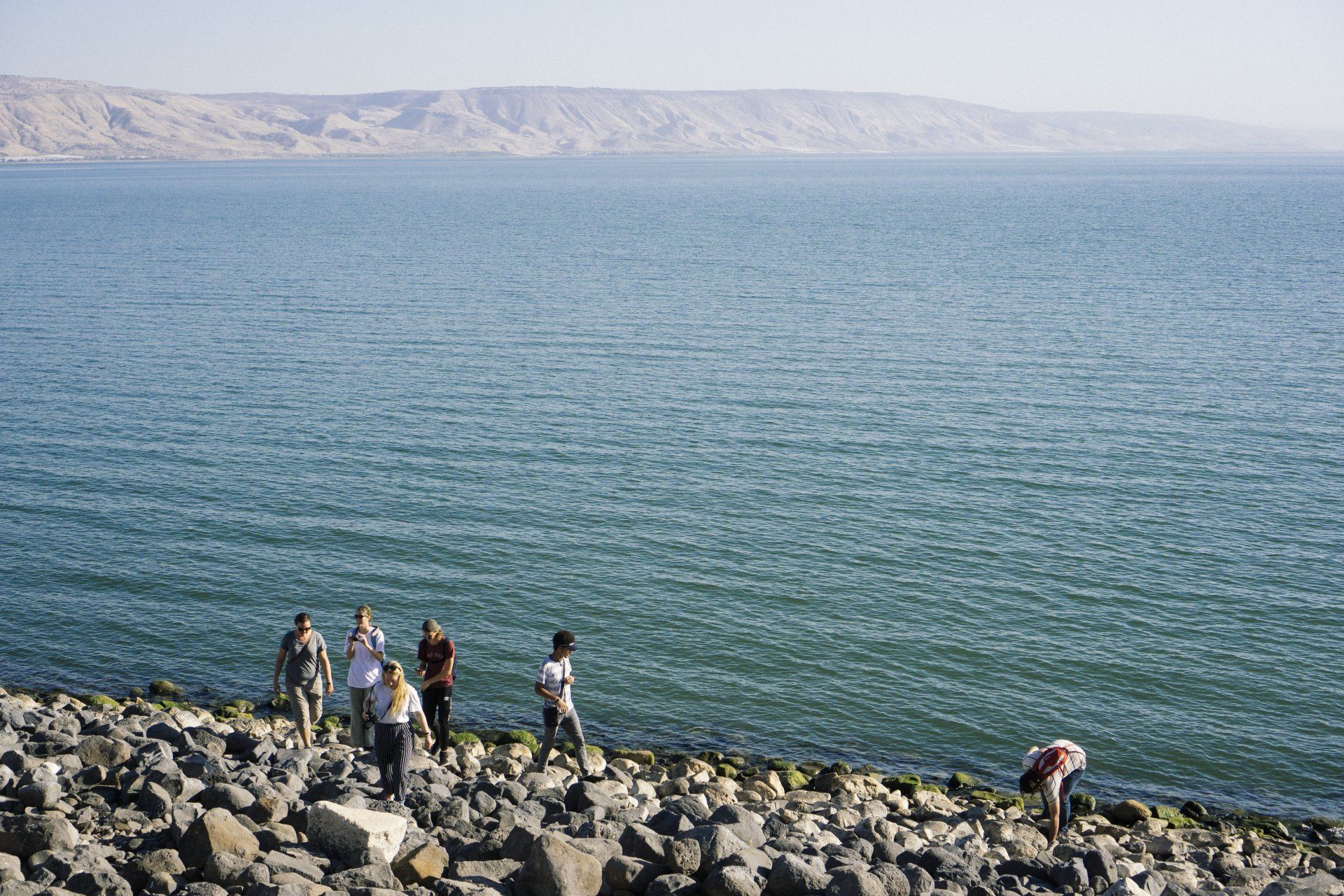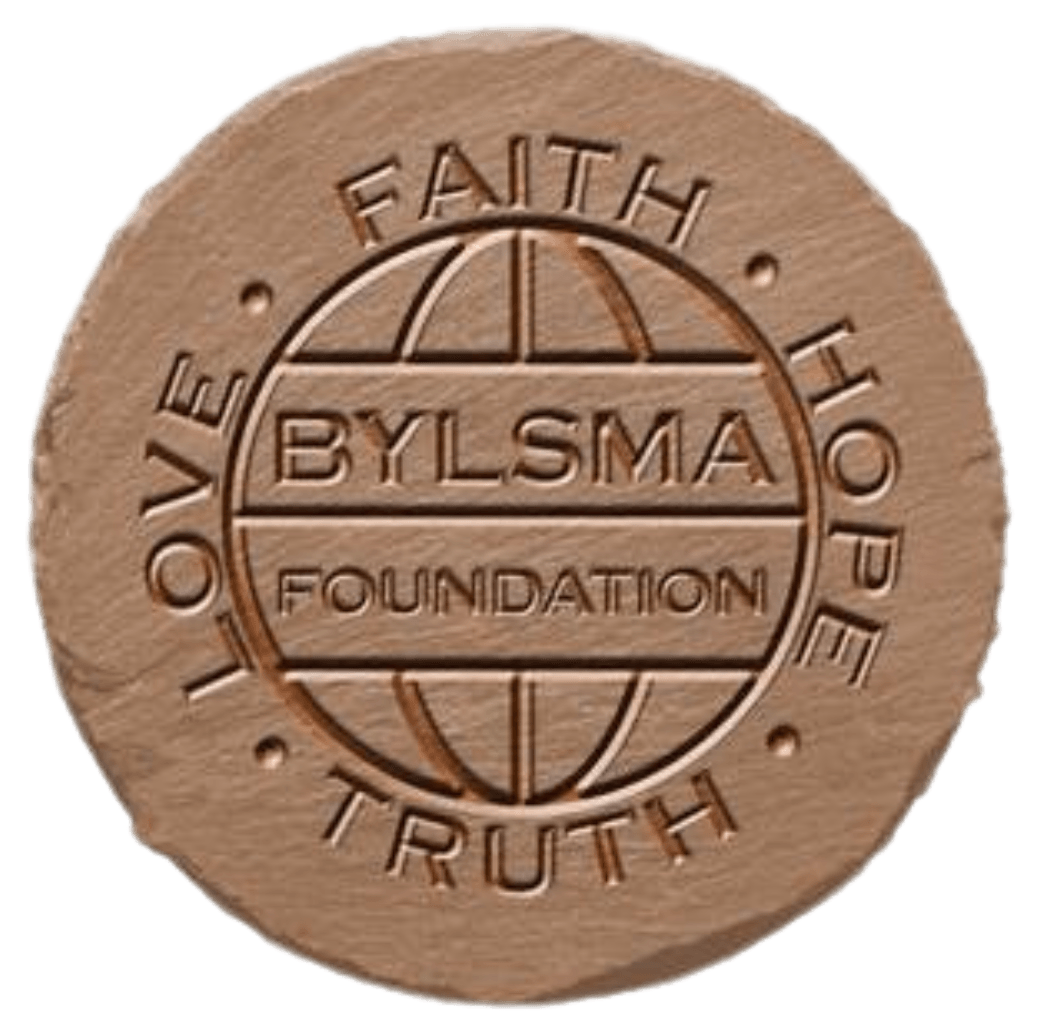Bylsma’s Bible Blogs
#9 Author’s Personal Views of The Bible’s Teachings

The early chapters of the Bible describe God’s beautiful creation that was tainted by evil forces. Humans were given the ability to discern right from wrong and the freedom to choose their own path. Those pursuing selfish interests instead of following God ultimately harm themselves and others. Nobody is perfect, and God always forgives and loves everybody despite our shortcomings. God’s blessings often benefit those who do not believe, while at the same time, evil in the world has a negative impact on those who follow God as well as those who do not. Life is not always fair and is often unpredictable.
Evil Still Runs Rampant
The predictions made in Revelation about the destruction of evil have obviously not yet come true. Injustice, immorality, and misplaced value systems still cause pain, suffering, and death. Subtle evil forces infiltrate many aspects of life and seek to minimize and disrupt the forces of good in individuals, in human institutions, and in society’s economic, social, and political systems. In both biblical times and now, oppression and injustice are signs of evil influences.
Paul told those in Ephesus, “Our struggle is not against flesh and blood, but against the rulers, against the authorities, against the powers of darkness in this world, and against the spiritual forces of evil” (Ephesians 6:12). The ways of evil can be alluring and attractive, but Satan poses as “an angel of light” but perverts the truth and ultimately is revealed as a wolf in sheep’s clothing. The end result of evil actions is often some form of terrible pain and anguish, and nobody knows when the evil in this world will end.
Those who follow and practice the teachings of Jesus are ambassadors who represent the kingdom of heaven to others on earth. Just as today’s ambassadors to other countries do not obey laws that violate the laws and mandates of their home country, Christians are to live in this world but not violate God’s mandates. Individually and collectively, Christians are to model God’s love and forgiveness on earth. God’s people, the church, are to reflect a different value system and be the salt of the earth, making everything more flavorful and preserving that which is good. Christians are God’s “exhibit A” to the world about how humans should live on earth and promote peace in the midst of chaos.
Being God’s Ambassador Is Very Challenging
Unfortunately, being an effective ambassador is not an easy task. Not only do human imperfections keep Christians from being perfect examples, but the church is constantly under attack by evil forces that concentrate their efforts on believers and their institutions. One strategy used by evil forces is to minimize and undermine the influence and messages of the church. The tactics of this spiritual warfare include creating divisions and distractions, sowing doubts and discord, making small things important while more important things are ignored, and getting Christians bogged down in religious discussions instead of acting with love.
A more subversive strategy used by evil forces is to slowly and subtly influence Christians to conform to the values of the non-Christian world. Paul warned Christians about this: “Don’t conform to the ways of this world, but be transformed by the renewing of your mind” (Romans 12:2). The world’s criteria for success include being wealthy, healthy, and living comfortably. By these standards, many Christians are successful, yet none of these provide lasting happiness or inner joy.
Relatively few believers make a significant difference in the world because doing so requires pursuing God’s priorities. Making a difference requires self-sacrifice, sometimes to the point of death (the Greek word for “witness” is martyr). We must all decide what to do with our lives, what to live for and what to die for — and our life and death should have meaning. Following Jesus requires people to sacrifice some worldly pleasures and help others. Although entering the kingdom has no entrance fee, there can be a high personal cost to those who follow the countercultural teachings of Jesus.
Doing What Is Required
Christians are called to fight the forces of evil with love and compassion and to promote justice. Believers are to be motivated by the prophet’s words, “This is what God requires of people: act justly, love mercy, and walk humbly with God” (Micah 6:8). Jesus chastised the Pharisees for making their religion a show but neglecting these three things. In fact, Jesus only got angry when he spoke to hypocritical religious leaders who judged others harshly and to those who used religion to further their own interests.
Micah’s message is simple, but living it is very hard. It is only possible through the slow and steady process of being transformed gradually to become more like Jesus and by being led by God’s spirit to act in ways that provide healing and hope to those need them. The task is easier when the cause is just and bigger than ourselves and when supported and encouraged by like-minded, mature people. The kingdom of God on earth expanded rapidly because the early Christians loved others in unusual ways. They were the sheep who fed the hungry, gave a drink to the thirsty, invited the stranger in, clothed the naked, cared for the sick, and visited those in prison. True faith and belief are revealed through one’s actions.
Christians who reflect God’s character exhibit certain types of “fruit.” Paul told the early believers in the churches of Galatia, “the fruit of the Spirit is love, joy, peace, patience, kindness, goodness, faithfulness, gentleness, and self-control” (Galatians 5:22–23). Those who call themselves Christians but who do not exhibit these fruits are deceiving themselves and are not good models for others to emulate. We will know mature Christians by their love for others, not by their theology or number of converts.
I have found deep personal fulfillment and meaning by studying the events and teachings of the Bible and pursuing a life that serves others. My beliefs are demonstrated through my actions, and I have honor and peace from doing good (Romans 2:6–10). The experiences of my life and others have convinced me that God is very real, and Jesus is the best example to follow.
My life has unfolded in unplanned ways and has been an incredible adventure. I never had a desire to pursue a particular vocation. Instead, I went with the flow and stayed open to all possibilities. Like Abram when he was called by God while living in Ur about 4,000 years ago, I listened and acted, not knowing where I was going next. I haven’t pursued wealth and haven’t been afraid to take risks. I wanted to make a difference and lead a life that had meaning, and in retrospect, I see how and why God closed doors I was pursuing while opening others that were more compatible with kingdom values. God’s invisible hand has blessed me all my life. (Being a healthy white heterosexual male living in America with two mature parents also helped.) I’ve experienced normal human sufferings, but I’ve been shielded from trauma and many temptations. My life has been spared several times through what I consider to be miraculous interventions. I haven’t experienced many obvious miracles, but when I have, they came just at the right moment. They convinced me God is always present, so I don’t need to worry or be afraid.
I don’t need hard, scientific proof of God’s existence in order to believe or act, for “not everything that counts can be counted” (a quote attributed to Albert Einstein). There is an overwhelming amount of documentary, physical, testimonial, circumstantial, and anecdotal evidence of God’s presence in the world. Many have experienced things that have no logical explanation and have defied scientific principles. My whole soul is in this race as I run it with perseverance on an extraordinary path that continues to unfold. This race has given me purpose, belonging, and motivation, all of which enhance one’s physical and mental health, and I have a reason to live.
My faith and experiences give me hope for the future and the inspiration and energy to love others without expecting anything in return. The longer I live, the more I’m convinced that love and service are what the world needs now more than ever, even if there is no reward after death. Jesus is a trustworthy North Star, a guiding light that often remains unseen. He used his power for the good of others, not for himself. Those who study and follow his example of love, service, forgiveness, humility, and grace within the context of a charged religious and political environment will make the world a better place.
This is consistent with what Confucius wrote 2,500 years ago:
If there is righteousness in the heart, there will be beauty in the character.
If there is beauty in the character, there will be harmony in the home.
If there is harmony in the home, there will be order in the nations.
When there is order in the nations, there will be peace in the world.
A life of service may be exhausting and sometimes dangerous, but it need not include burnout. The branches of a tree don’t struggle to make fruit — they simply stay connected to the living tree. When the weary thirst for fresh water in a dry desert, they find a well and the handle of a pump, then crank it over and over again until it brings forth water. As long as the pump’s line extends deep enough into the vast resources of fresh water and continues to pump, it effortlessly produces water. The pump is an instrument to bless those in need, and it continues to function regardless of how many times it is cranked. The secret to staying fresh for sustained service is staying connected to the dynamic and living source that sustains life.
The Christian life can be risky. To paraphrase Søren Kierkegaard, the Christian philosopher from Denmark, taking risks initially produces anxiety, but one doesn’t truly live to the fullest without taking risks. Speaking the truth, especially to those in power, is risky but necessary if the world is to be a better place. I’ve had several jobs where speaking the truth to power ended that career. But doing so also resulted in changed policies and practices that benefited individuals and society in different ways and made better use of billions of dollars. Throughout history, those who have risked speaking the truth have sometimes lost their jobs, been arrested and put in prison, and have even been killed. True believers who stay connected to the living source have the courage to speak the truth in love and stand up for what is right. Taking risks may lead to failure in the eyes of others, but God uses flawed people and their weaknesses to bring about desired changes. That way, God gets the glory, and those who obey God never really fail.
Bylsma’s Bible Blogs






